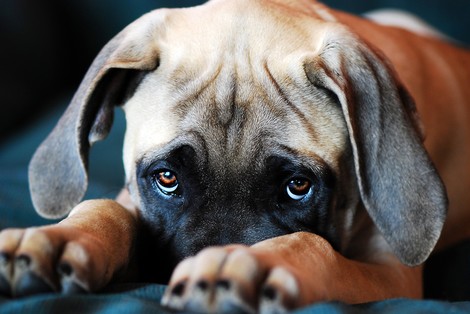Your podcast discovery platform
Curious minds select the most fascinating podcasts from around the world. Discover hand-piqd audio recommendations on your favorite topics.

piqer for: Health and Sanity Global finds
I was born in 1987 in Bucharest. I studied Psychology and Educational Sciences at the University of Bucharest. For two years I worked in a psychotherapy practice, dealing with gambling addicts. I'm an independent reporter, writing and doing video reportages mostly about social and political issues. I am currently based in Jena.
How To Optimize Your Apology
In this episode of Freakonomics, a podcast where you find out the hidden side of just about anything “from the economics of sleep to how to become great”, host Stephen J. Dubner talks to a few experts about apologies. Why you’re not believed when you say ‘I’m sorry’, how you’re supposed to do it to actually work—these questions and many others are answered in the show.
For John List, an economist at the University of Chicago, what stirred his curiosity about the economics of an apology was an incident that happened early last year. He got in an Uber, trying to make it to a panel discussion, but the driver made a mistake and he arrived extremely late at the meeting. The thing is, the driver never apologized. So he, at the time holding the position of chief economist at Uber, together with an academic expert started a field experiment to “calculate what an experience like mine actually does to future ridership”. First they made an apology model, with various predictions: that apologies are more likely in longer relationships because they’re like an investment, that an apology has to be costly in order to be effective, that it needs to be a commitment to do better in the future and so on. Next thing, they devised an experiment to test these assumptions. The conclusions they drew are as follows:
So I would say an apology to have impact needs to be costly and understood by the person who receives the apology that it’s costly. I think it needs to occur directly after the event happened. You cannot overuse them because then it is harder to entertain or show that the apology was costly.
The second part of the show focuses on public apologies made by public figures, and their efficacy. A cultural sociologist who did research on how the media reports acts of violence says that, to be effective, an apology has to “start with the victim and end with a sense of remorse”.
